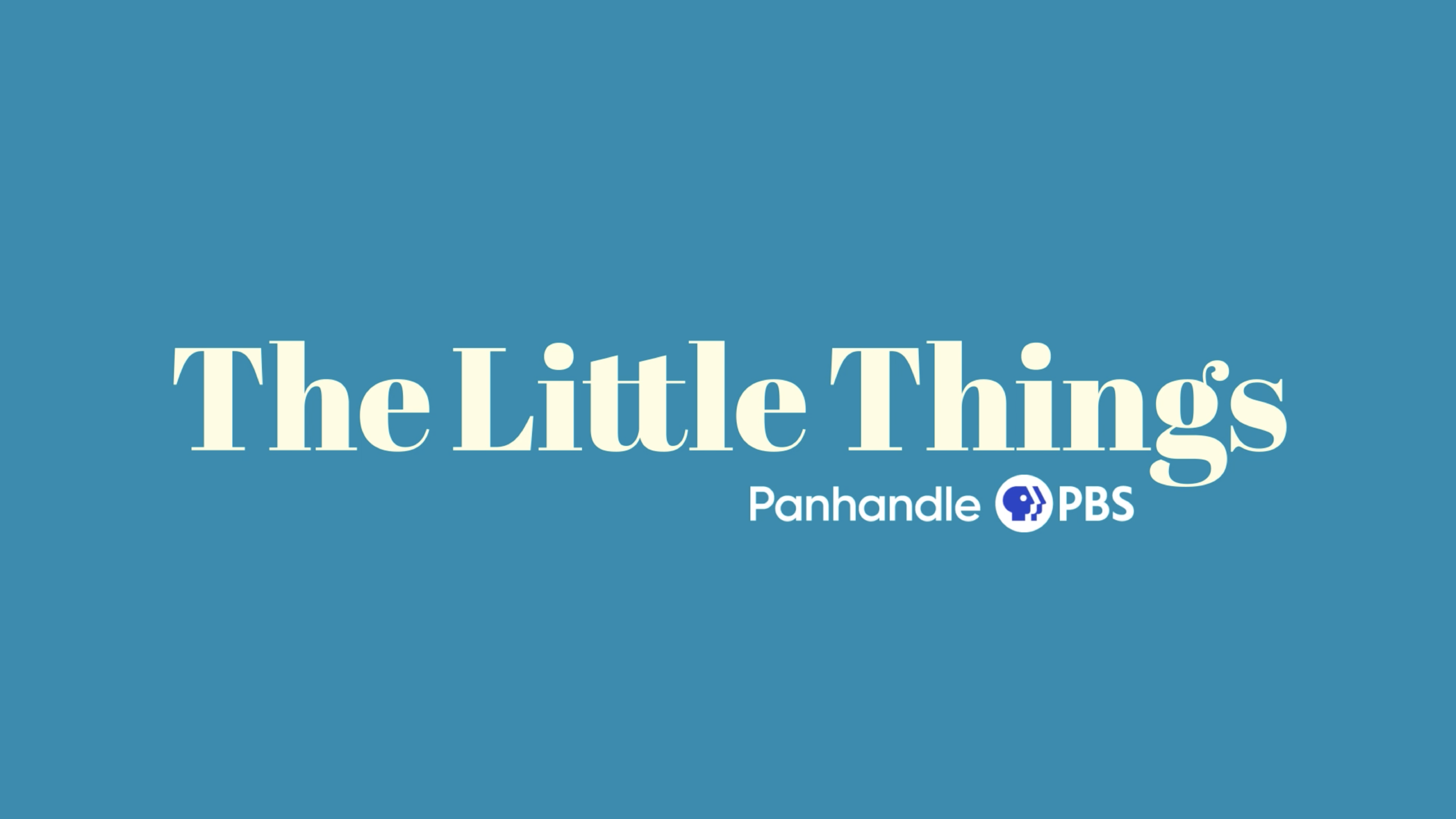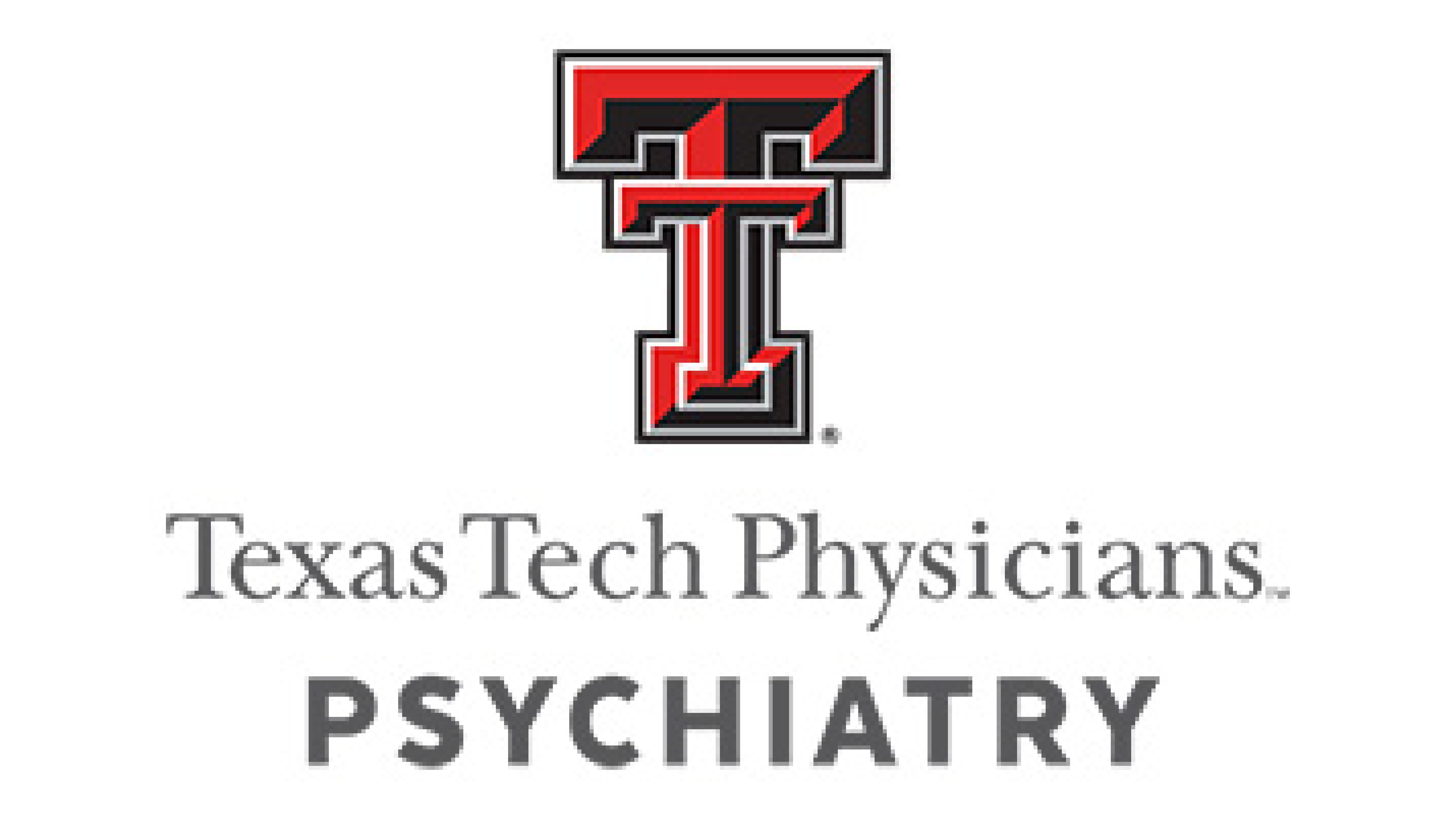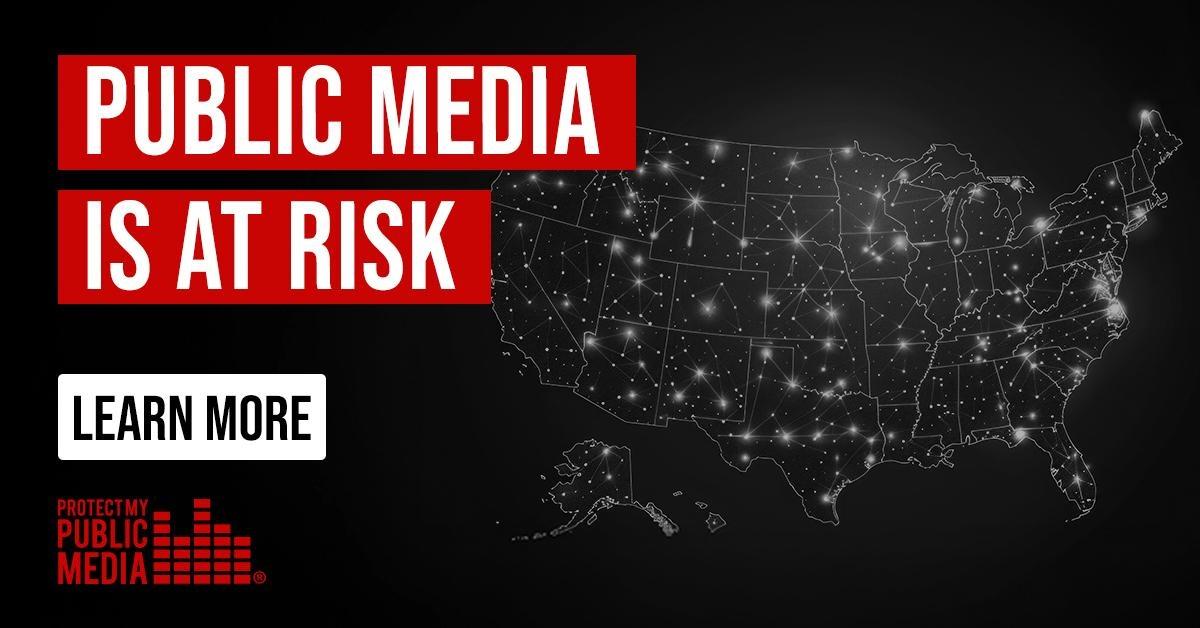Segments
Every episode, divided up into easily-consumable segments.

"The Little Things" is an in-depth series that focuses on mental health, and the little things people can do personally to improve their mental health. Episodes and segments address the "mental health moment of our generation" – well-being in an age of rising mental health and addiction challenges in the shadow of a pandemic that has made those challenges worse.
The weight of the world can be crushing these days. But the brain can be rewired with "the little things" – simple things you can do to improve your mental health.
Stress can help or harm you. Amarillo experts discuss what stress does to you mentally and physically. And, we hear from them and others about how to identify and tame it.
Movement – of most any kind – can help to reduce symptoms of depression. The brain, body and relief techniques you need to know from local experts and those who have lived with the disorder.
Shaping up your grocery list can shape up your brain. What you need to know about how your diet affects your brain.
Creativity can help when your emotions are all over the place. Here are simple things to try from Amarilloans who understand the physical and mental toll of emotional dysregulation.
Modern humans are disconnected from nature, and that can upset our brains and bodies. Spending time outside can help reset your brain from mental challenges, including trauma.
Isolating yourself can become a detrimental cycle. But there are simple things you can do to reconnect.
Texas Panhandle organizations respond to fill gaps in mental healthcare for our community.
Every episode, divided up into easily-consumable segments.
Tap into the little things you can do for your mental health.
“The Little Things” addresses what has been called “the mental health moment of our generation” – well-being in an age of rising mental health and addiction challenges and in the shadow of a pandemic that has made those challenges worse.
For more than a decade before the pandemic, deaths from suicide, overdose, and co-morbid health conditions were at 20-year highs, compounded by systemic inequities for people of color, according to a recent testimony from Andy Keller, Ph.D., president and CEO of the Meadows Mental Health Institute before a U.S. Senate committee. Of course, the pandemic is making all of this worse.
“Going into the pandemic, we were doing a terrible job with mental health, particularly the mental health of young Americans and young Texans. So before the pandemic, suicide was the second leading cause of death among adolescents and young adults,” said Keller. “Now, two years in, we have baseline rates of depression in the country more than three times what they were before the pandemic.”
According to Laura Street chairman of the Panhandle Behavioral Health Alliance, three out of four people interact with mental illness or addiction in their lives, either themselves or through someone they know.
“Understand the prevalence of people who are having difficult times, stress-related issues, depression, anxiety,” said Donald Newsome, Director of Quality Management at Texas Panhandle Centers. “Realize that you probably know someone who’s struggling right now, or dealing with it and just coping somehow on a day-to-day basis.”
If you are in crisis or experiencing thoughts of suicide, please call the National Suicide Prevention Lifeline at 1-800-273-TALK (8255) or text the Crisis Text Line (text HELLO to 741741). These services are free and available 24 hours a day, seven days a week.
A crisis line is a service that provides free, confidential support and resources for people in emotional distress. The service is provided by a trained crisis counselor by phone, text, and/or chat. You can get help for yourself or someone you're worried about. In addition to the resources below, some states have their own crisis lines with phone, text and/or chat services.
Call 800-273-TALK (8255). TTY: 1-800-799-4889. Spanish: 1-888-628-9454. Online chat and other information: www.suicidepreventionlifeline.org
Texas Panhandle Workplace Mental Health Toolkit
Building Social-Emotional Skills – Sesame Street in Communities
Resources for Mental Health and COVID-19
Media Guidelines for Kids of All Ages
Coping with Grief, Trauma, and Distress
Panhandle Mental Health Guide
Substance Use Resources





